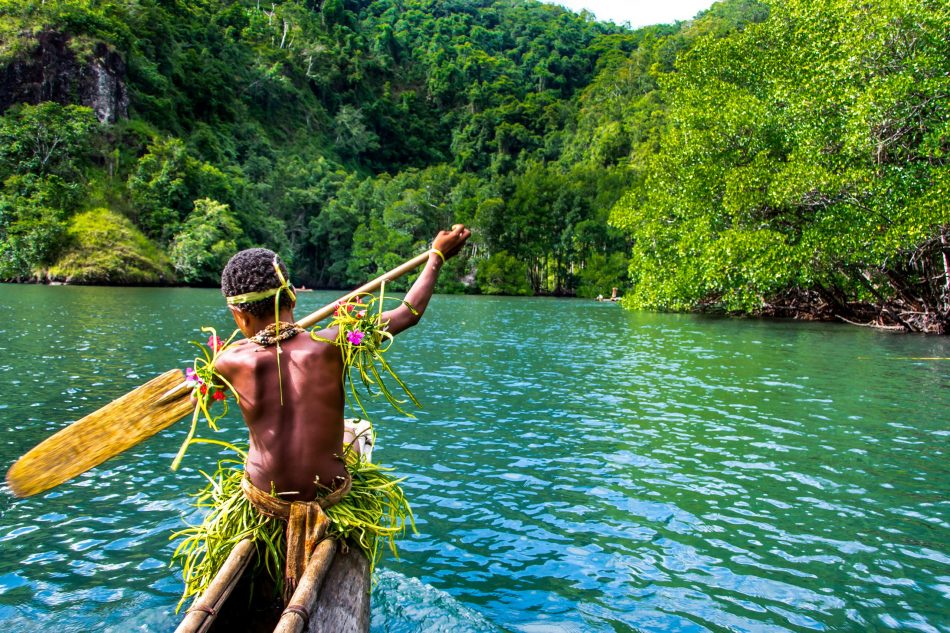Scientists have explored and studied much of our terrestrial world, but there is one place that remains quite the hidden gem: New Guinea. The “paradise island” has some of the best-preserved ecosystems on the planet, including coastal mangroves, huge expanses of untouched tropical rainforest and beautiful alpine grasslands.
But while it’s known that New Guinea is teeming with life, relatively little is known about the specific flora that exists there. To protect the plants of New Guinea, identifying and naming plants is a key first step, which is why botanists have spent years making an inventory of all the plants there.
What the botanists have found is that New Guinea has the highest plant diversity of any island in the world: More than 13,000 species can be found on New Guinea, ranging from tiny orchids to giant tree ferns, two-thirds of which do not exist elsewhere.
Botanists have been identifying and naming plants collected there since the 17th century, with samples stored in herbaria around the world. Only now have botanists been able to put all this information together in a full inventory of plant life, as has been done for other biodiversity hotspots, including the Amazon. The findings, published in Nature, will be used to protect “one of the last unknowns for science”.
“If we lose them, there’s no way we can restore them from anywhere else because they’re just not found outside the island,” said Dr. Tim Utteridge of the Royal Botanic Gardens, Kew. “We have a real responsibility to conserve this unique plant life.”












